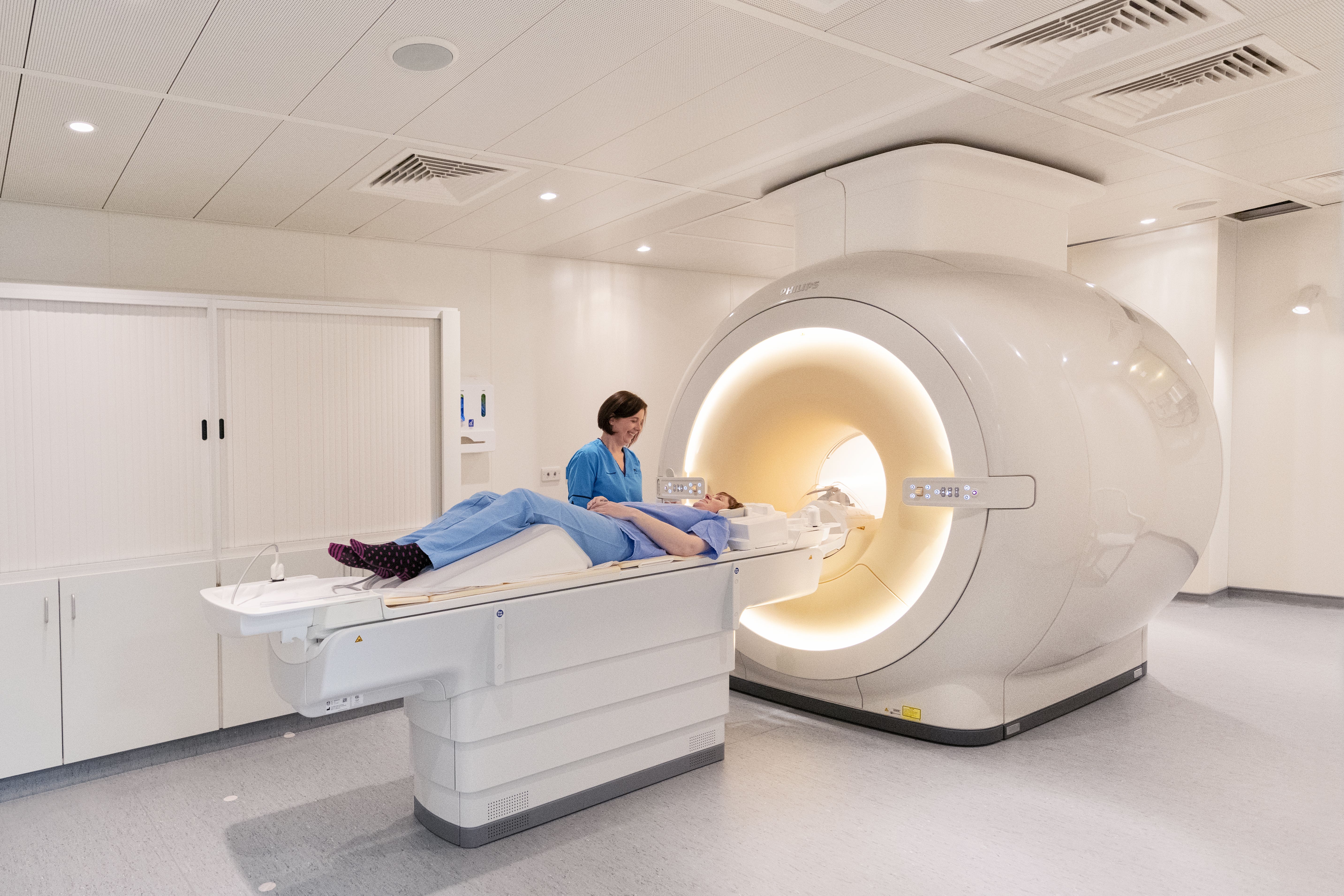Fusion imaging raises hope of improving prostate cancer outcomes
Research carried out at the University of Dundee found ultrasound/MRI fusion targeted biopsy detected more significant prostate cancer lesions.

Your support helps us to tell the story
From reproductive rights to climate change to Big Tech, The Independent is on the ground when the story is developing. Whether it's investigating the financials of Elon Musk's pro-Trump PAC or producing our latest documentary, 'The A Word', which shines a light on the American women fighting for reproductive rights, we know how important it is to parse out the facts from the messaging.
At such a critical moment in US history, we need reporters on the ground. Your donation allows us to keep sending journalists to speak to both sides of the story.
The Independent is trusted by Americans across the entire political spectrum. And unlike many other quality news outlets, we choose not to lock Americans out of our reporting and analysis with paywalls. We believe quality journalism should be available to everyone, paid for by those who can afford it.
Your support makes all the difference.Bringing together ultrasound and MRI technology can help detect prostate cancer faster and potentially save lives, according to research carried out at the University of Dundee.
A study led by Ghulam Nabi, professor of surgical uro-oncology at the university’s School of Medicine, found that ultrasound/MRI fusion targeted biopsy detected more clinically significant prostate cancer lesions than existing methods.
Prostate cancer is the most common cancer in men in the UK, where one in eight men will get prostate cancer at some point in their lives and more than 47,000 new cases are diagnosed every year.
It mainly affects men over 50 and the risk increases with age, but the risk is higher for black men or men with with a family history of prostate cancer.
Current methods of diagnosis and treatment are significantly flawed, with MRI scans alone unable to always give a definitive answer and ultrasound having similar issues.
Combining the two, however, could potentially increase the detection rate of cancers, according to academics.
The research has already changed the detection and management of prostate cancer in the NHS Tayside area, and Professor Nabi says the results should inform future diagnosis guidelines.
“As with all cancers, the earlier that prostate cancer is detected then the more likely that a patient will have a more positive outcome,” he said. “Anything that speeds up diagnosis is therefore potentially lifesaving.
Our results suggest that if this approach was given to men routinely then prostate cancers would be detected earlier, lives would be saved
“What is particularly notable is the fact that the ultrasound/MRI fusion approach was not only more effective at identifying prostate cancer, but also more clinically significant lesions.
“One of the problems with current diagnostic methods is that they are sometimes unable to identify which cancers are benign and which need treatment.
“Our results suggest that if this approach was given to men routinely, then prostate cancers would be detected earlier, lives would be saved, and unnecessary surgeries avoided.”
The research, published on Wednesday in the journal Radiology, tested the diagnostic accuracy of combined US/MRI fusion biopsy with systematic biopsies.
We’re excited that this research adds to existing evidence showing that targeted biopsies improve the accuracy of prostate cancer diagnoses
In a randomised clinical trial, 413 participants with suspicious prostate lesions were randomised to either systematic random prostate biopsies alone or US/MRI fusion targeted biopsies.
Clinically significant lesions were found in 51% of cases in the former group and 63% in the latter, demonstrating that combining US/MRI fusion was a more effective way of detecting prostate cancer.
The research was funded by Prostate Cancer UK, Movember and the Scottish Government’s Chief Scientist Office.
Dr Hayley Luxton, senior research impact and intelligence manager at Prostate Cancer UK, said: “Getting a more accurate prostate cancer diagnosis means that a man can get the most specific and effective treatment tailored to him, as early as possible.
“We’re excited that this research adds to existing evidence showing that targeted biopsies, guided by mpMRI (multiparametric MRI) imaging, improve the accuracy of prostate cancer diagnoses – which could lead to more men with the disease living better and longer lives.”